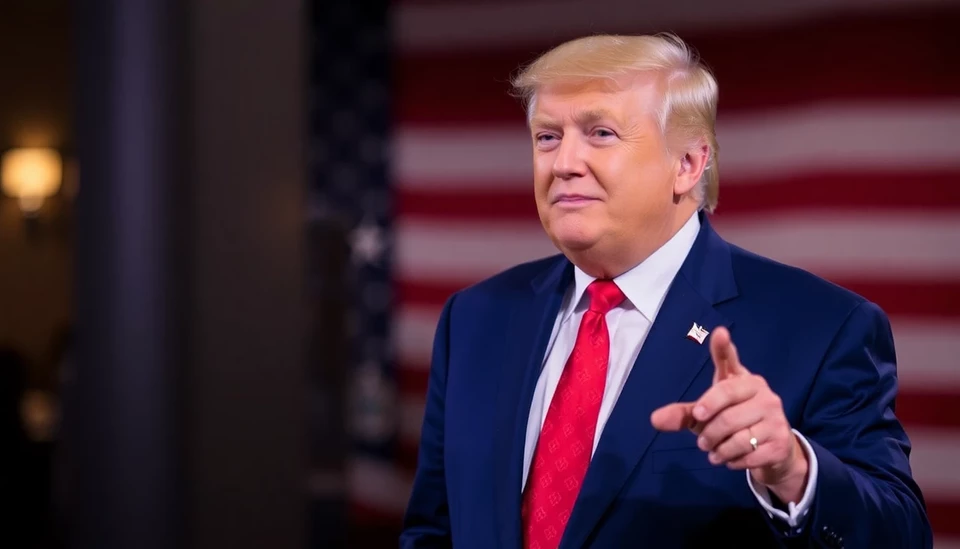
The upcoming U.S. elections are casting a considerable shadow over the hospitality industry, particularly for major players like Marriott International. Analysts predict that the unpredictable nature of this electoral cycle could lead to a pronounced fluctuation in hotel demand, disrupting trends that have typically remained stable during past election years.
This election cycle is different, as it is characterized by heightened polarization and concerns over economic performance, making travelers more cautious about their spending habits. Executives at Marriott have acknowledged that uncertainties surrounding the election could influence consumer behavior, leading to a reduction in travel and tourism, which are critical for hotels, especially during traditionally busy seasons.
Historically, hotels have experienced a surge in business during election years, given the influx of visitors for polling, rallies, and various political events. However, the prevailing sentiment this year hints at a decrease in demand, particularly from business travelers, who tend to book more during these times. While leisure travel has picked up, the fear of a politically charged atmosphere and potential economic repercussions may deter individuals from venturing out, impacting the hotel industry significantly.
Marriott's performance will be closely monitored as it navigates this turbulent landscape. The company's leadership is aware of the potential downturn, and they plan to adjust their strategies to mitigate the impact. Previously successful promotions and marketing initiatives may be reevaluated in light of the anticipated reluctance from consumers to book stays. Additionally, analysts suggest that hotels could see a shift in reservations from high-profile events to more intimate gatherings, fundamentally changing the nature of bookings during this critical time.
Furthermore, the broader implications for the economy are evident as consumer confidence dips in light of the electoral climate. With potential changes in leadership and policies on the horizon, the spending habits of the average traveler could reflect a more cautious approach, which could lead to lower occupancy rates and revenue for Marriott and its competitors.
In summary, the intersection of the 2024 U.S. elections and consumer behavior poses a unique challenge for Marriott International and the hospitality sector. This election period may not only reshape travel plans but also set the stage for a future where travelers are significantly more deliberate about their spending during politically charged times. Marriott, along with other hotel chains, will need to remain agile and responsive to these dynamics as they unfold.
As the election date approaches, all eyes will be on the hotel industry's adaptability and resilience in the face of these challenges.
#Marriott #USElections2024 #HospitalityIndustry #TravelTrends #EconomicImpact #ConsumerBehavior
Author: Victoria Adams

